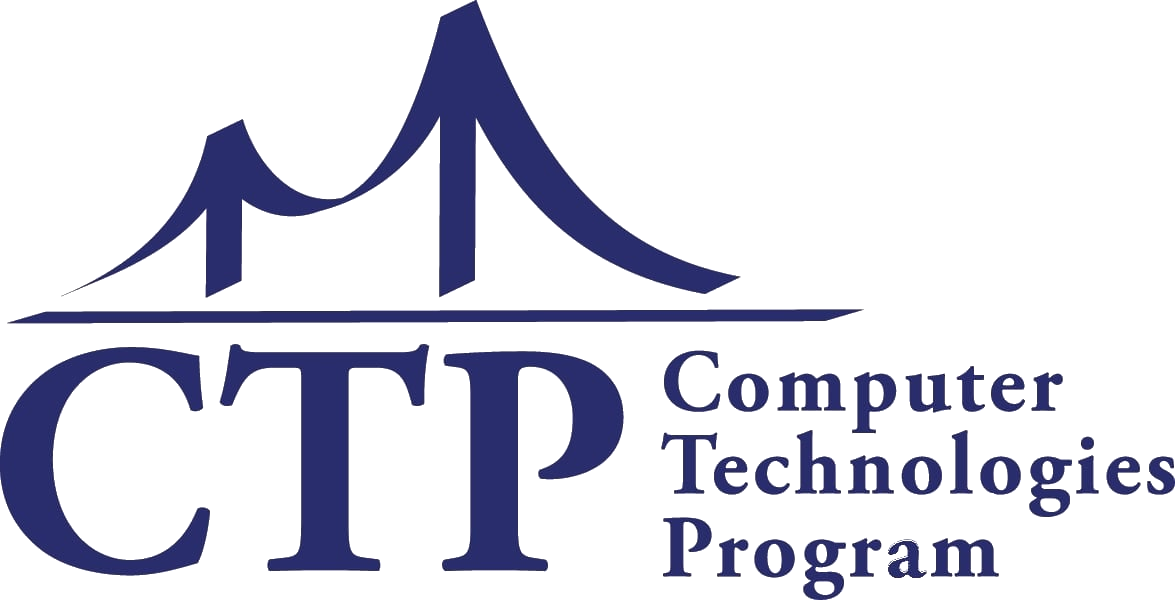510 849-2911 - [email protected] Remote Services
ILPs for Youth with Disabilities
Research shows in order to have a successfully transition from high school to postsecondary education and the world of work, youth with disabilities and their families need to be intentional about planning activities that help youth reach their goals. Students need to be exposed to career exploration and planning.
The Individualized Learning Plan (ILP) can help in this process. The ILP is a strategic planning tool that can be used to help students identify and assess their career interests and then link those interests with the educational steps and subjects needed to enter those careers.
“According to focus group results of students who used the ILP process, youth appreciated the online career assessments and especially the ‘how do I get there?’ planning. They also found great value in the self-assessments portion of the ILP, which helps students discover such things as their learning styles and interests. The process also helped them understand the relevance of their academic classes as they were linked to specific career goals.” –National Collaborative on Workforce and Disability
It is important to know that ILPs and IEPs (Individualized Education Programs) are not the same thing. The ILP is an additional document that can be used to improve and expand the sections of the IEP relating to transition planning.
While ILPs are not federally mandated, some states have passed laws requiring them. Even if your school district doesn’t require their use, your family can still use most ILP websites to help your youth prepare for the future.
The National Collaborative on Workforce and Disability has some very good information on ILPs. You can go directly to their webpage on ILPs for Youth with Disabilities here.

